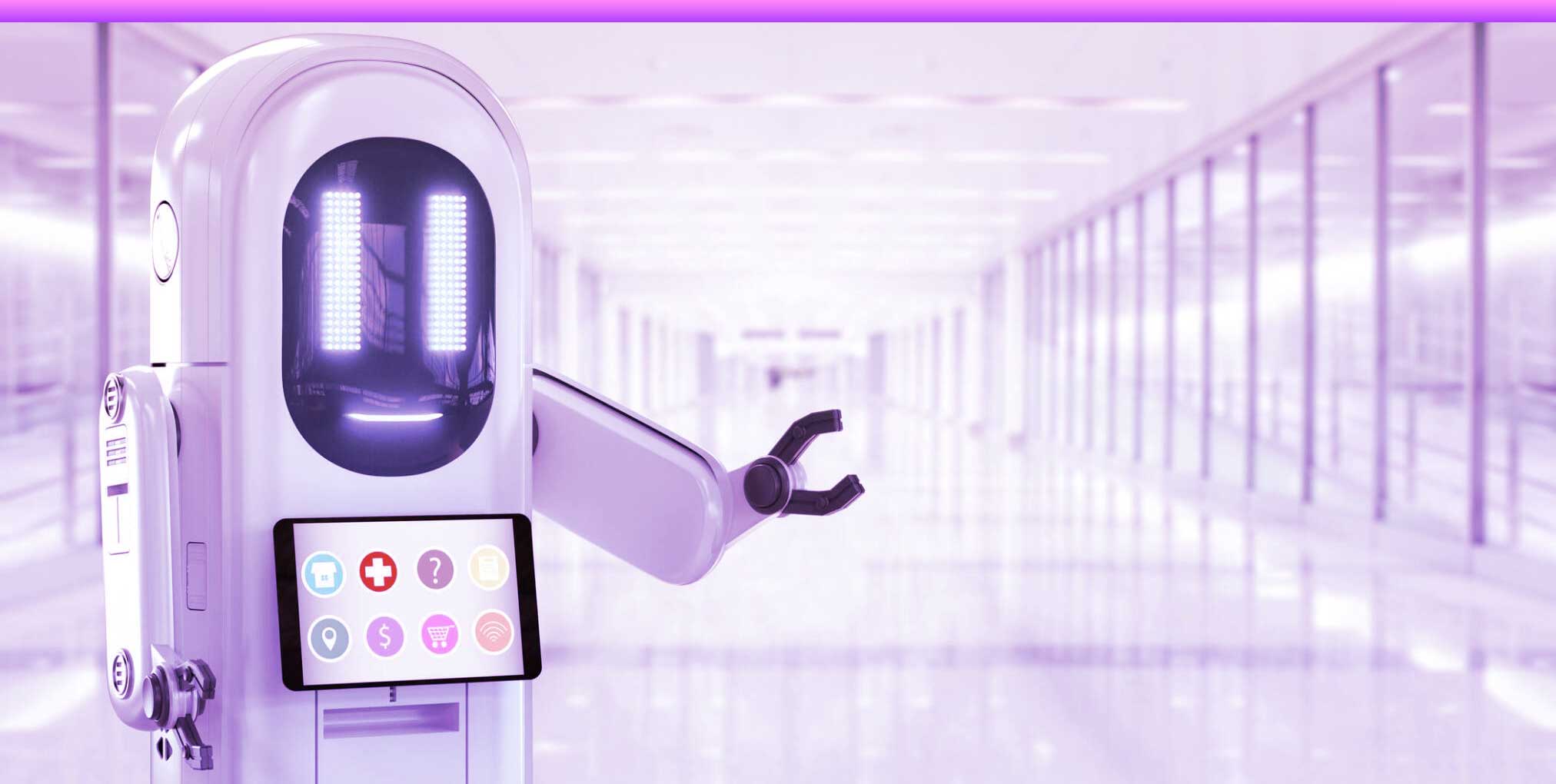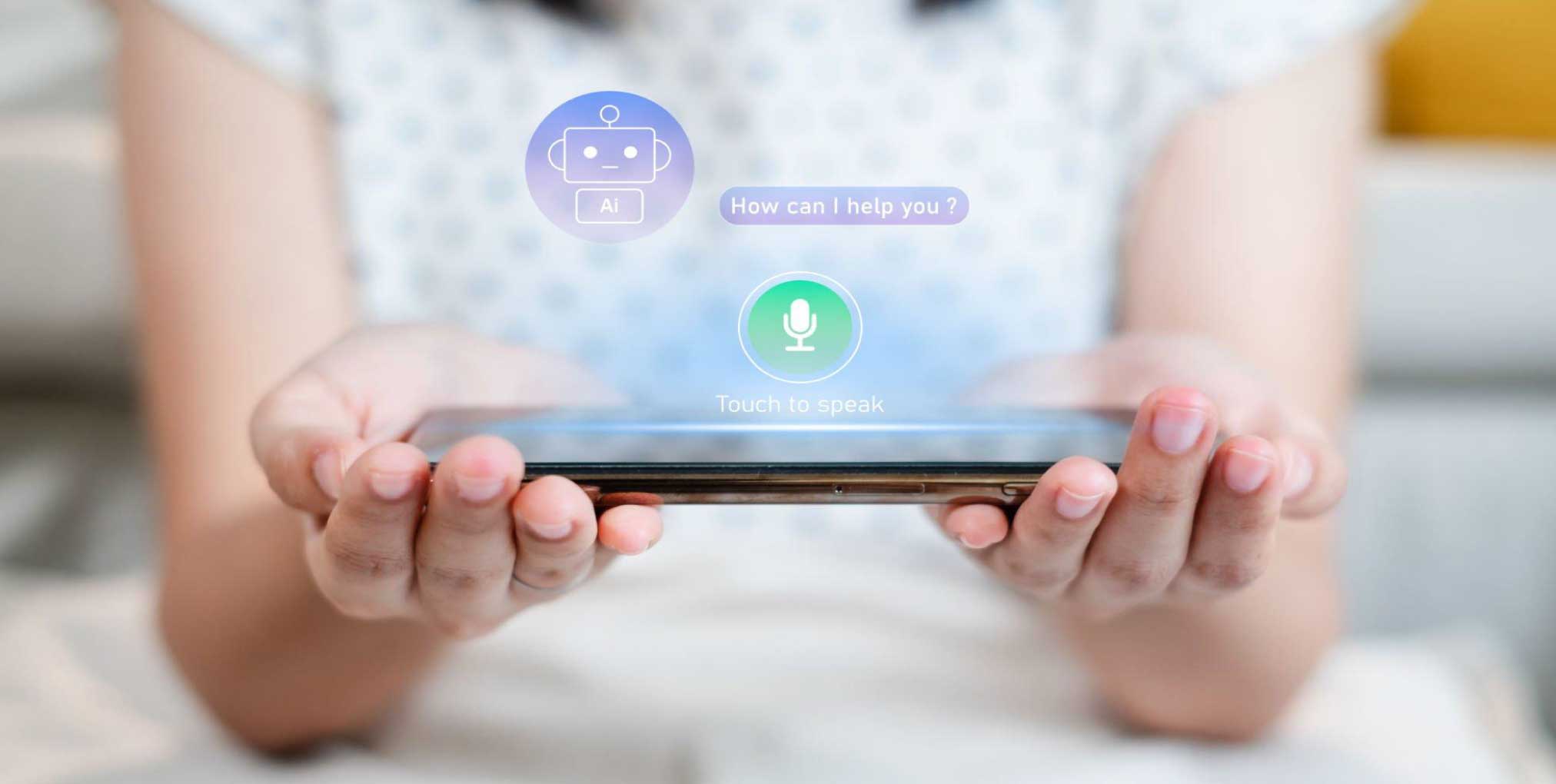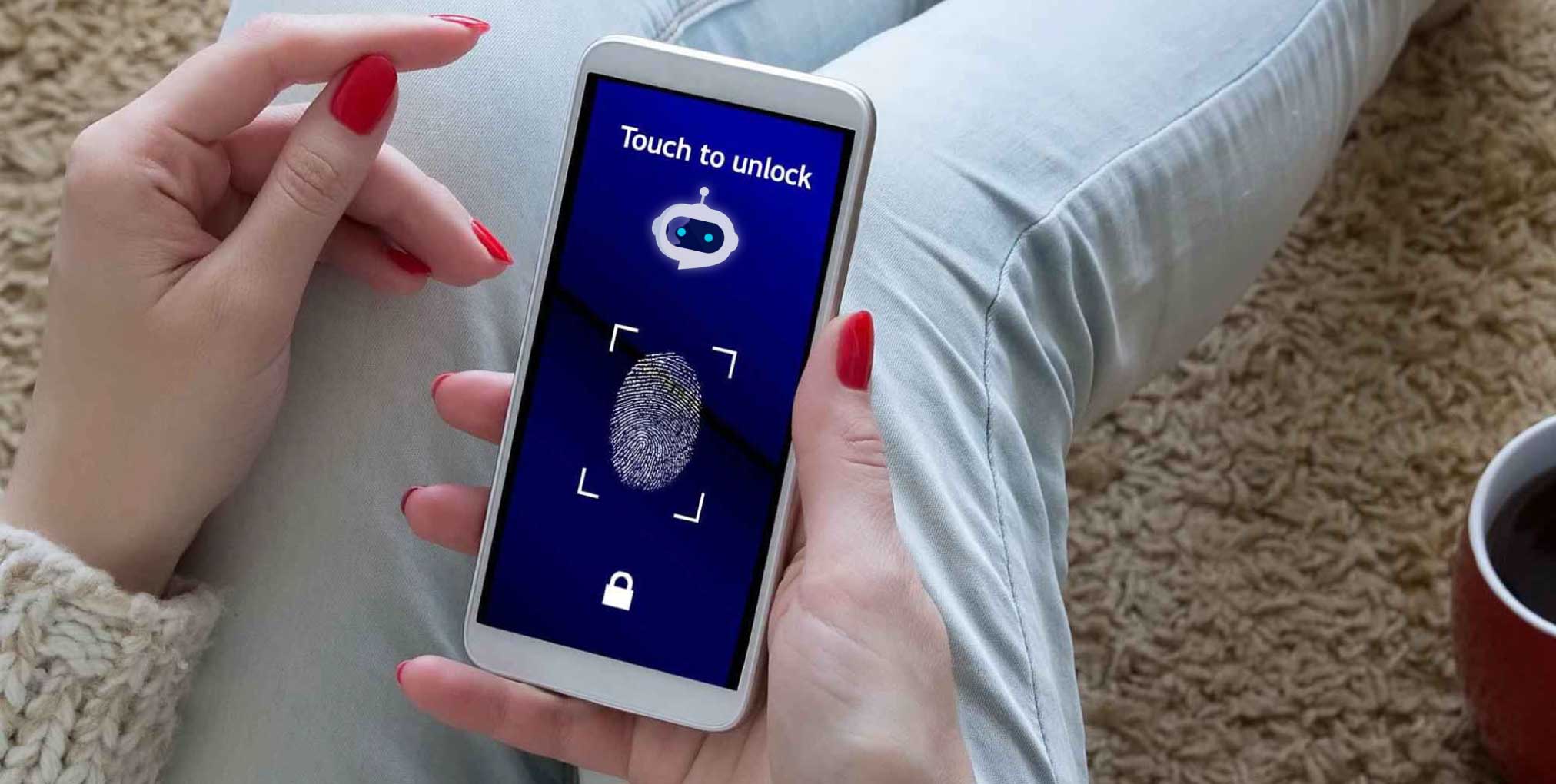

January 4, 2024
In the fast-paced world of healthcare, technology has made tremendous strides. It is one of the most intriguing advancements in the use of Medical AI Chatbots. Artificial intelligence-driven conversational agents are designed to engage with patients, answer their queries, and provide valuable information. But are they safe to talk to patients? As you can see at the National Library of Medicine. This article will delve into the world of Medical AI Chatbots. We will explore what they are, their role in the healthcare industry, their benefits, and their different types.
Medical AI Chatbots are sometimes known as healthcare chatbots or patient engagement chatbots. They are software programs powered by artificial intelligence (AI) algorithms. They are specially designed to interact with individuals conversationally, simulating a human-like chat. These chatbots can understand and respond to text or voice inputs, making them versatile tools in healthcare.
The healthcare industry has embraced technological innovations swiftly. Chatbots have found a valuable place within it. However, chatbots in healthcare serve several purposes. Their versatility allows them to engage with patients. It provides health information, answers questions, assists in appointment scheduling, and more,

The use of healthcare chatbots offers multiple benefits. They are for both patients and healthcare providers. Let’s explore some of these advantages:
Medical AI chatbots are available 24/7. It is a significant advantage in a sector where health concerns sometimes adhere to a flexible schedule. Patients can access information or seek assistance at any time. As a result, it improves the accessibility of healthcare.
Chatbots can help in the initial triage of patients. AI can ask a series of questions and analyze symptoms. By doing so, they can determine the urgency of a medical issue. They can guide patients on the appropriate next steps.
Healthcare chatbots can handle administrative tasks efficiently. They can assist in appointment scheduling, medication reminders, and sending prescription refills. As a result, it reduces the administrative burden on healthcare professionals and staff.
Medical chatbots’ crucial role is to provide patients with accurate health info. They can educate individuals about various medical conditions and treatment options. As a result, it provides preventative measures, enhancing patient knowledge and self-care.
Healthcare chatbots can provide ongoing support and monitoring for patients with chronic conditions. They can track vital signs and health data. As a result, they send alerts to healthcare providers.
Dealing with health issues can be emotionally challenging. AI chatbots can offer emotional support and provide a listening ear to patients. As a result, it reduces feelings of isolation and anxiety.

Various types of chatbots are available in the healthcare sector. Each chatbot has unique functions and capabilities. These include:
Informational chatbots are designed to provide users with medical information. They can answer questions about symptoms, diseases, treatments, and medications. It offers reliable guidance based on established medical knowledge.
Diagnosis and triage chatbots use AI algorithms to analyze symptoms provided by users. As a result, they suggest potential health conditions. These chatbots are not a replacement for medical professionals. They can help users understand the urgency of their symptoms. As a result, guide them toward appropriate care.
Appointment and scheduling chatbots simplify the process of booking appointments with healthcare providers. They can check the availability of doctors, dentists, or other specialists. It facilitates appointment scheduling, saving patients and administrative staff time.
Medication management chatbots remind patients to take their medications on time. They can provide information about drug interactions, side effects, and dosage instructions.
Mental health chatbots are designed to provide a listening ear. It can support individuals dealing with mental health issues. They can engage in conversations, help users manage stress, and provide coping strategies.
Remote monitoring chatbots are typically used for patients with chronic conditions. They collect data on vital signs and symptoms. It allows healthcare providers to remotely track patients’ health status. If any concerning changes occur, the chatbot can alert the medical team.
The safety of medical artificial intelligence chatbot is a valid concern. There are several factors must be taken into account to ensure their safety:
Chatbots handle sensitive medical information. So, it’s crucial to protect data security and patient privacy. Healthcare organizations must implement robust security measures. Chatbots need to comply with regulations like HIPAA. It is necessary to safeguard patient data.
Medical chatbots should provide accurate and up-to-date information to users. These chatbots’ algorithms must be constantly updated. They need to reflect the latest medical knowledge and guidelines.
Determining accountability in cases of misinformation or errors is a complex issue. Healthcare organizations should clearly define the responsibilities of chatbots. It ensures there is a way to address errors or omissions.
Users should understand that chatbots are not a replacement for professional medical advice. Clear disclaimers should be in place to prevent users from relying on chatbot recommendations.
Healthcare organizations should regularly monitor and gather user feedback. It improves the performance of chatbots continually. This feedback helps identify and rectify issues and enhance the chatbot’s capabilities.
Medical chatbots are most effective when they work alongside healthcare professionals. They should be integrated into the healthcare ecosystem to support doctors. AI cannot replace the expertise of doctors, nurses, and other medical staff.

Building a safe medical AI chatbot involves several key steps. Let’s see how to create an AI chatbot:
Define the purpose of the chatbot and the specific tasks it will perform. This clarity helps in setting expectations for both users and developers.
The chatbot’s performance relies on the quality of data it is trained on. Ensure that the data used for training and decision-making is accurate and up-to-date.
Medical guidelines and knowledge evolve. To maintain the chatbot’s accuracy, it’s crucial to continuously update its knowledge base.
Implement robust data security measures to protect patient information. Encryption, access controls, and compliance with data protection regulations are essential.
Educate users about the chatbot’s capabilities and limitations. Encourage users to consult healthcare professionals for severe or complex medical issues.
Offer users a way to provide feedback on their experiences with the chatbot. This can help in identifying areas for improvement and addressing potential issues.
Engage healthcare professionals in the development and deployment of medical chatbots. Their expertise can help ensure that the chatbot aligns with best healthcare practices.
Medical AI chatbots, also known as AI healthcare chatbots. They play a significant role in the modern healthcare. Chatbot offers a range of benefits. They improve accessibility to providing accurate health information and emotional support. However, ensuring the safety of these chatbots is of paramount importance. Healthcare organizations and developers must take measures to protect patient data. They need to maintain the accuracy of information and foster user understanding. By doing so, medical AI chatbots can continue to be valuable tools in patient care. Also, it enhances the overall healthcare experience.